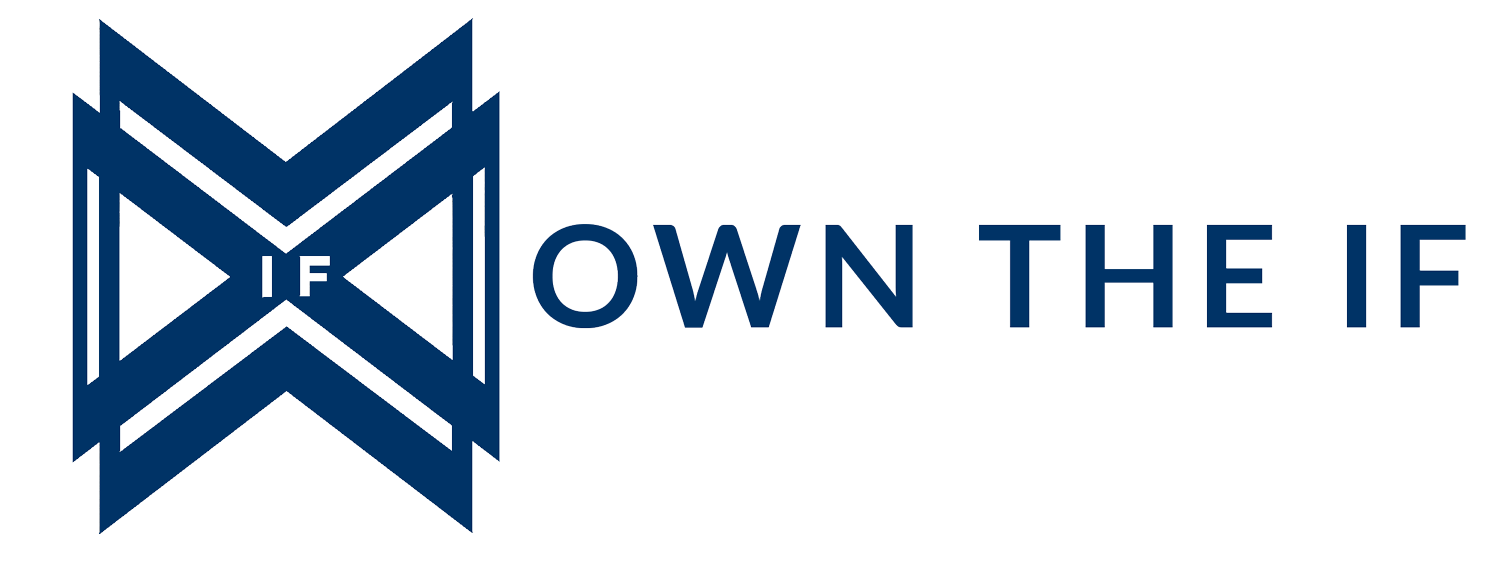“The most important habit is choosing the right habit to work on.” -James Clear
Many of us are constantly trying to work on multiple habits simultaneously to improve our life, but is it possible to choose the right habit to optimize for maximum benefit? Taking time to objectively view your life, the goals you are trying to achieve, plus the habits you want to improve, you can determine which ones might have the biggest impact in several areas of your life.
Looking at pillars of health, wellness and happiness, these seven are most universal:
- Regular exercise: Exercise is essential for physical health and can also have a positive impact on mental health and cognitive function.
- Healthy eating: A balanced, nutrient-rich diet is important for overall health and well-being.
- Adequate sleep: Getting enough sleep is critical for physical and mental health, and can also improve focus, productivity, and overall quality of life.
- Time management: Effective time management can help you prioritize your goals, reduce stress, and improve productivity.
- Mindfulness: Practicing mindfulness, such as meditation or deep breathing, can help reduce stress, increase self-awareness, and improve mental and emotional well-being.
- Continuous learning: Learning new things can help keep your mind active and engaged, and can also improve your career prospects and overall quality of life.
- Social connections: Strong social connections are important for overall well-being and can help provide support and a sense of belonging.
Taking a moment and looking at the areas you want to improve can help you see common threads that link to each other. Furthermore, asking yourself a few good questions can assist in figuring out one or two habits that can get you closer to those results.
For example, a year ago I took inventory of my life because I wasn’t stoked on where I was. Upon further examination I found I came up short for each pillar. I began to brainstorm ideas that could achieve results in each category and then looked for a universal solution that would provide maximum impact.
The habit I came up with was simple:
I would spend 45-60 mins hiking in the woods daily with my dog Raven
By daily completion of this habit I was:
- Getting daily exercise/quality time with my favorite four-legged pal
- Eating better to fuel my body for the exercise (planned pre/post hike snacks or meals)
- Increasing the quality of my sleep (regular exercise has been proven to improve sleep quality)
- Managing my time more effectively (had to scheduled time to hike)
- Reducing stress (mindful deep breaths every time Raven stopped to smell something and being in nature)
- Listening to podcasts/books to further my learning
- Maintaining social connections by hiking with a dear friend every weekend to catch up and spend time together
By determining the right habit to focus on I was able to streamline positive effects in every pillar while making noticeable progress in my health. Efficient, effective and I am still doing it to this day!
How to do it (Free Template):
- Brainstorm 6-7 areas of your life you want to improve the most
- Give each area you listed a column
- List solutions for that area in the corresponding column
- Determine a habit that supports multiple solutions in multiple columns
- Establish consistent effort in completing this habit
- Assess effectiveness and adjust as necessary
This can be applied in countless ways...another example:
Want to eat healthier, spend more quality time with family and save money?
Habit: start planning/cooking healthy meals with your children at home a few nights a week
I encourage you to take your time with this. Remember that habits take time and consistency to develop. Focus on integrating foundational habits into your daily routine and strive for progress, not perfection. As you make progress in these areas, you may find that other areas of your life also begin to improve!


